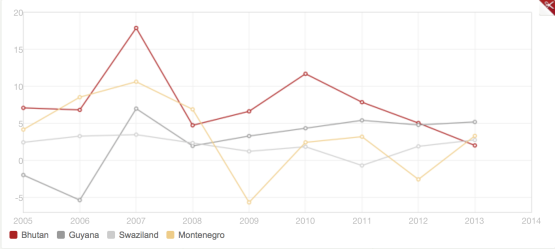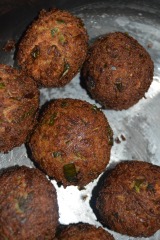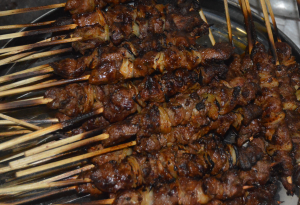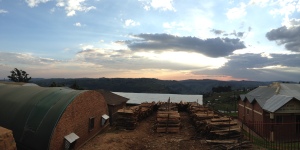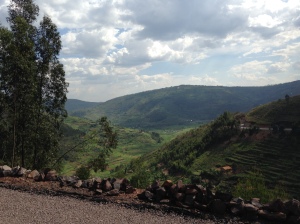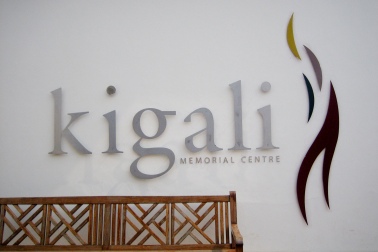What does home mean and where is it for you? I have been thinking about this questions for a long time and wanted to write about it but didn’t really know where to start. Recently I watched a great TED talk by Pico Iyer (click here to watch it) which inspired me to finally put my thoughts down on a virtual piece of paper.
When people ask me where I am from, I naturally say Germany. I definitely am German in many ways. An always punctual, beer enjoying, hard working, sometimes too much complaining, straight forward German. Over the course of the last 6 years though, I have lived on 4 continents, in 6 countries and 10 cities. The main language of communication in my daily life has been English for quite a while now (amazing that I’m still struggling with some every day words…). I currently live and spend most of my time with Americans, British and Bhutanese and only visit Germany 2-3 times a year. So if you would define home as where you currently live, no Germany is not my home. Pico Iyer also defines home as where you want to live or spend most of your time. That currently certainly is Bhutan, but can and most likely will change within the next 12 months. The more I think about it, the more tricky the “home-question” gets.
Many people ask me whether I miss home and how I can possibly stand living in a remote village in Bhutan so far away from all my friends and my family. Frankly speaking, yes, I do miss my friends and my family. I do miss having a glass (or a bottle) of wine at the Main in Frankfurt, cooking and chatting sessions with my college friends in Dortmund or enjoying quality time with my sister in the east of Germany. Is living in Bhutan worth it? It is, 100%. I have the most interesting and challenging job imaginable, work with some of the brightest people I have met in my life, and get the chance to deep dive into a completely different culture, learning more about myself than I thought I could in such a short time.
The saying goes “home is where your heart is”. I agree, maybe in a different way though. I think, home is where you are, where you find enjoyment and where you want to be. Therefore for me, home is currently in Bhutan, Germany and the UK; more specific, in Lingmethang, Thimphu, Frankfurt, London, Kierspe, Kleinhelmsdorf (now you even learn about German villages here), Leipzig and some other places. Soon, home will also be Seoul (go Fabi !!).
In short, home is fluid for me. It constantly changes and evolves and I very much like it that way – for now. Will it always be like this? I don’t know, and I don’t want to know right now, after all it’s all part of the journey.
